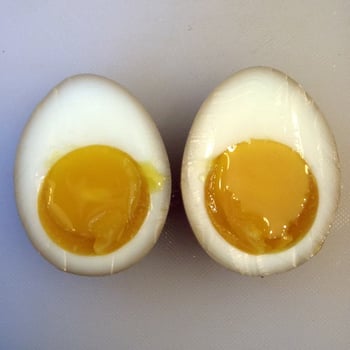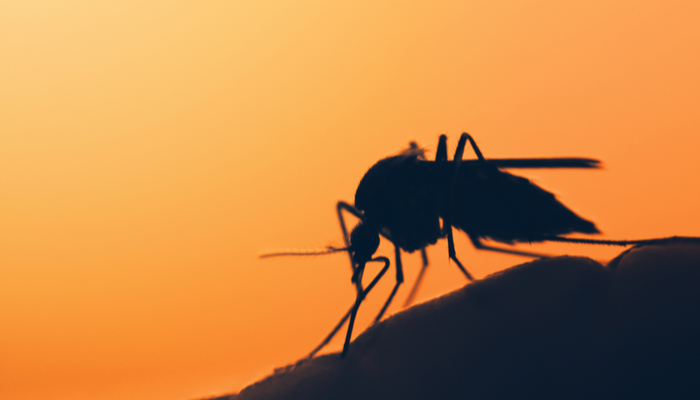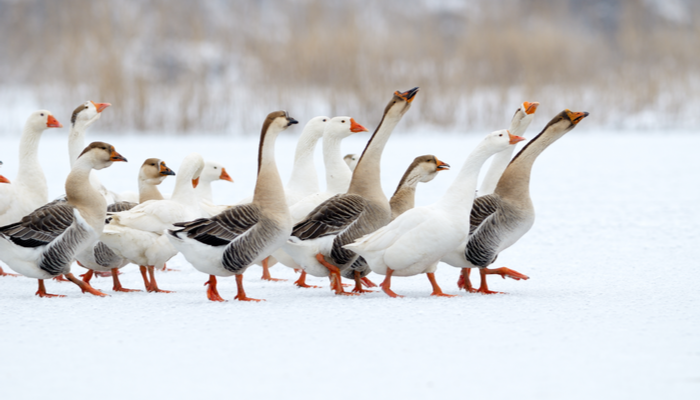Every year, around about mid to late September, a notoriously prestigious group of Nobel laureates congregate at Harvard University’s Sanders Theatre to honour the absurd, the improbable and the downright delightful work of their fellow scientists. We’re talking about the Ig Nobel Prizes of course! Here are a few of our favourites from this year’s winners.
Pee-r reviewed research
Urination, micturition, voiding, whizzing, tinkling, miction, peeing, piddling, uresis, weeing, ‘number one’, “Jimmy Riddle”, or ‘spending a penny’ - call it what you will, if you’re over 3kg, a mammal and need to go it’ll take about 21 seconds no matter how big or small you are. Give or take about 13 of those seconds and you have the results from this year’s Physics Prize winners. Turns out longer urethras in larger mammals help conjure up a higher flow speed as a result of higher gravitational force whereas in smaller animals it’s all about capillary action. This invariance in urination time is unlikely to have any biological significance as in total it only takes up 0.2% of an animal’s day but could provide inspiration for the design of scalable hydrodynamic systems in other areas.
Speedy diagnosis
Up until now speed bumps have traditionally served one humble purpose in life – to reduce the speed of vehicles and save lives. Turns out these modest mounds are quite apt at multitasking, at least when it comes to saving lives that is. This year’s winners of the Diagnostic Medicine Prize used speed bumps to improve the diagnostic accuracy of acute appendicitis. The study showed that the more pain you experience whilst travelling over the bumps, the more likely you are to have acute appendicitis. Now we’ve all heard how a speedy diagnosis can drastically improve patient outcomes but I’d say this takes it up a gear or two.
Pin pointing pain
The painstaking efforts of two researchers were awarded this year’s Physiology and Entomology Prize for their research into the pain associated with various insect stings and bee stings at different locations on the body. Should you have the misfortune of encountering a persistent bee in future, may we suggest you offer them your upper arm, middle toe tip or skull as prime real estate for their self-sacrificing efforts and save yourself the effort of experiencing first-hand what it’s like to be stung on your upper lip, nostril or penis shaft.
Huh? да? eh?
This year’s Literature Prize went to a Dutch group for identifying that the word ‘Huh?’ is in fact a word (rather than a mere grunt). They studied ten languages from across the globe including Cha’palaa, Dutch, Icelandic, Italian, Lao, Mandarin, Murrinh-Patha, Russian, Siwu and Spanish and found that through the marvel of ‘convergent cultural evolution of linguistic items’, it’s now used universally as a means of expressing ‘one has not clearly heard what someone just said’.
Unboiling an egg
Hard, medium or soft boiled – we’ve all got our favourite. Now at some point or another we’ve all gone a little rogue in the kitchen, boiling an egg without a timing device. What if one day you go too far and want to unboil that egg? Scientists in Australia won this year’s Chemistry Prize for doing just that. They showed that mixing solidified egg white with urea and subjecting this to stress via a vortex fluid device helped proteins stretch, untangle, refold and ultimately resume their slimy unboiled state. Pretty egg-citing stuff!
 Image: Flickr/Joy/PA263138/CC BY 2.0
Image: Flickr/Joy/PA263138/CC BY 2.0
For more from the 2015 Ig Nobel Prizes, including how 30 minutes of intense kissing can reduce your hay fever and the mathematical explanation as to how a Moroccan emperor managed to father 888 children, take a look at the full list of 2015 winners. Make sure you also check out the weirdly wonderful winners from 2014 in our previous blog. And if that still isn’t enough, you can get your ultimate fix of ‘research that makes people laugh then think’ in the Annals of Improbable Research (AIR).
Want more great content like this?





